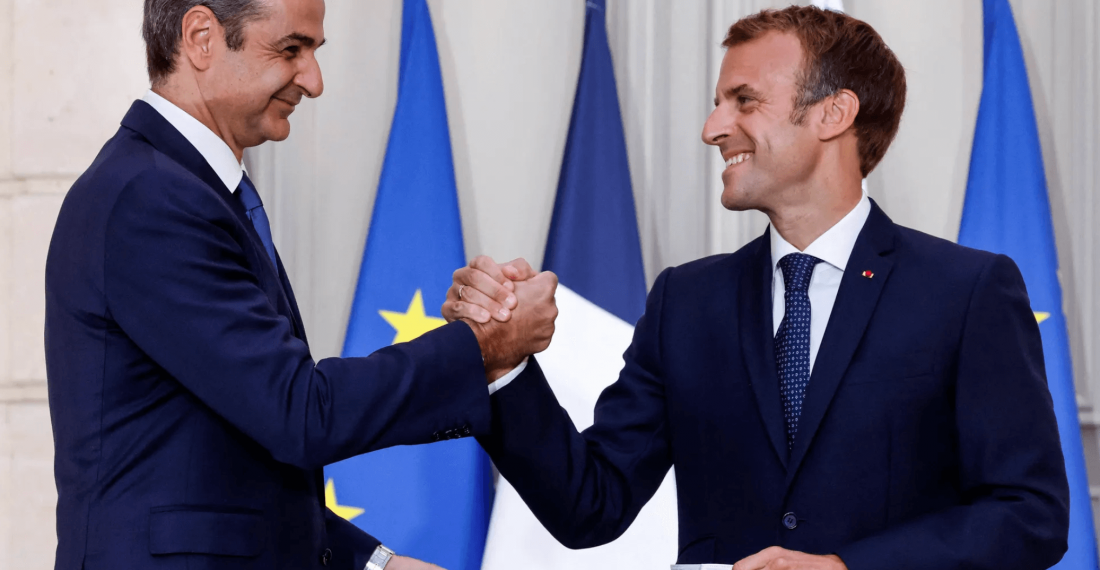Greece has purchased three new FDI frigates from France. The Greek Prime Minister, Kyriakos Mitsotakis, announced this during a press conference in Paris on Tuesday (28 September). The purchase is to replace the current Dutch and German frigates. The deal is worth around EUR 3 billion. For France, the sale of the ships means a small financial windfall after a previous failed military deal with Australia. The purchase of a fourth frigate is still on the table. In addition, a defence pact has been agreed upon between the two nations.
The deal, signed by Mitsotakis and the president of France, Emmanuel Macron, is partly intended to promote European military co-operation. France in particular is pushing for more co-operation at the European level to improve Europe's position vis-à-vis the United States and China. According to Macron, the agreement contributes, among other things, to European peace and security, Mitsotakis said the deal would connect the two countries "for decades to come".






